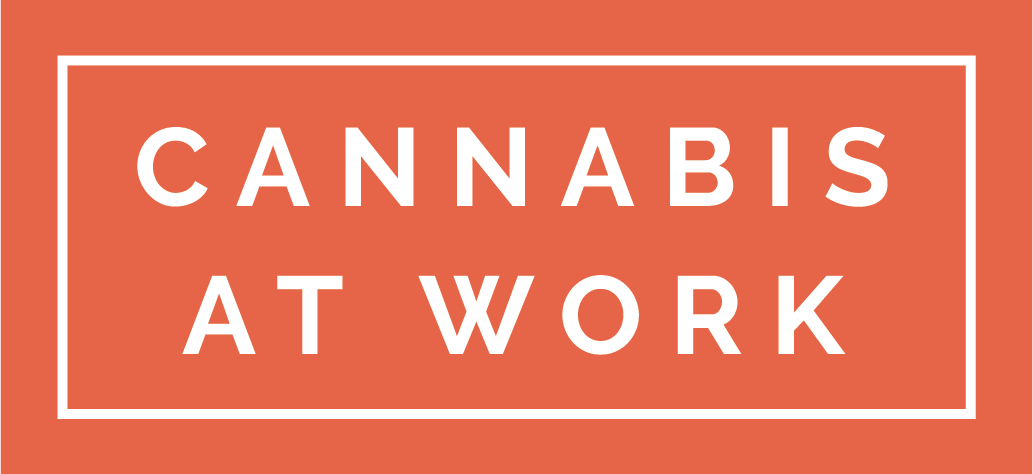Little precedent has been set on medical cannabis use in the workplace. Over the last two weeks we looked at two Canadian cases, Wilson vs. Transparent Glazing Systems and French vs. Selkin Logging. Both cases begin to inform employees and employers about boundaries on cannabis use at work.
One of the main messages is that employers in Canada have a broad duty to accommodate medical cannabis as a treatment, assuming the employee has a valid prescription from a doctor.
What exactly does accommodation look like?
I was recently at a workplace seminar and medical marijuana was on the docket. We talked about the cases that exist and the employer's responsibilities. But there was an obvious gap in the information. Yes, employers must accommodate employees, but are there any examples of what this looks like in reality?
During the Q & A portion of the day I asked this question. It was met with a swift "No." There just aren't enough cases yet, I was told. I was a bit frustrated, but I understood. This is new for all of us.
At the morning break I was approached by the HR Specialist for an international oil and gas company. He had an example from his workplace and was willing to share.
His company employs a welder that has cancer. The welder has a valid prescription for medical cannabis. Given his safety sensitive role, he informed his supervisors of his condition and treatment. After learning of this information the company took steps to accommodate his medical disability and cannabis use. The welder does not need to use cannabis at work and has agreed to use it after work hours. The company re-bundled some of his duties in order to remove any safety risks. He no longer operates the crane but many of his other duties remain intact.
The challenges of accommodation
It sounded like the accommodation was successful and relatively painless. I asked the HR Specialist if he agreed. He did, but said the biggest challenge was the perception of cannabis use by the welder's supervisors.
They collectively agreed to refer to the cannabis as his "prescription" because that is what it truly is and not as marijuana or other slang words. This helped to frame the issue and not get caught up in perceptions or prejudices.
Over time there will be more examples like this one to inform medical cannabis accommodation in the workplace.

